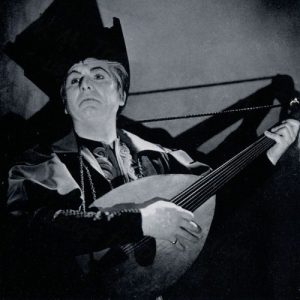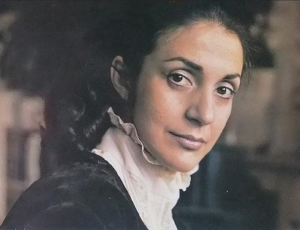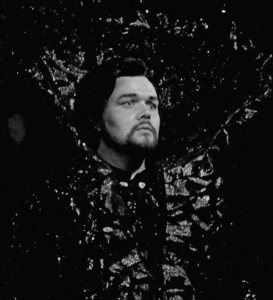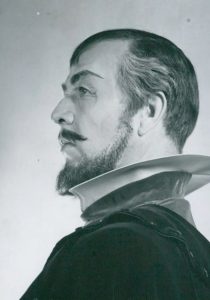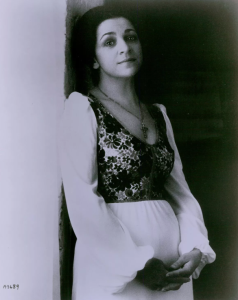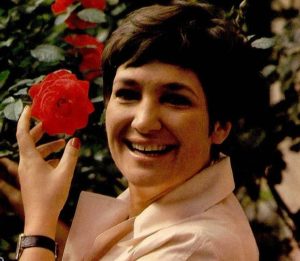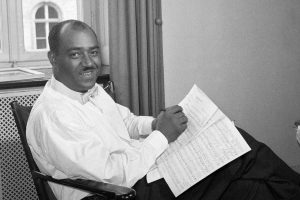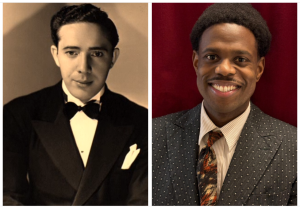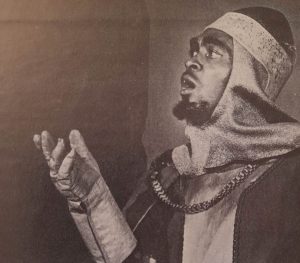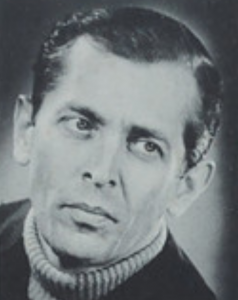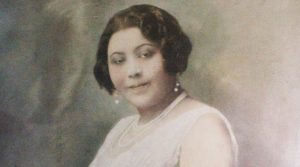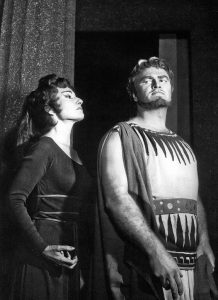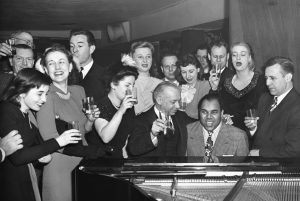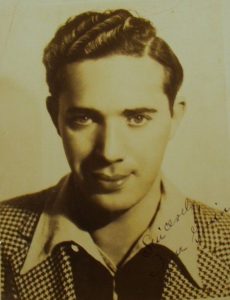Podcast: Play in new window | Download (Duration: 1:37:58 — 134.5MB) | Embed
Subscribe: Spotify | TuneIn | RSS | More
As I sat yesterday pondering all my friends, family, and compatriots celebrating Thanksgiving, my thoughts turned to the turkey, the traditional sacrificial creature for this event. And whatever the avian counterpart of a rabbit hole is, that’s where my thoughts turned as I realized that a tribute to our feathered friends in general would make a nice, lightweight, potpourri episode as we once again hurtle into the final preparations for the holiday season. As my list of possible repertoire exploded, I decided to limit myself only to stage works in which a bird is somehow involved: as a character, as a symbol, as a metaphor, perhaps even as all three simultaneously. So, with composers ranging from Rameau to Sondheim, including such forgotten figures as Walter Braunfels, Victor Massé, and Félicien David, I have put together a wonderful program that focuses particularly but not exclusively on the florid French repertoire, performed by such favorites as Reri Grist, James King, Ileana Cotrubas, Fritz Wunderlich, Sylvia Sass, and Mattiwilda Dobbs, bolstered by such relative newcomers to Countermelody as Léïla Ben Sédira, Ninon Vallin, Janine Micheau, Harolyn Blackwell, Emma Calvé, Endrik Wottrich, Liz Callaway, and Flore Wend. In addition, I am particularly thrilled to present a sublime singer whom I’d not yet encountered before yesterday: the British-Swedish songbird Jacqueline Delman, singing Granados!
Countermelody is a podcast devoted to the glory and the power of the human voice raised in song. Singer and vocal aficionado Daniel Gundlach explores great singers of the past and present focusing in particular on those who are less well-remembered today than they should be. Daniel’s lifetime in music as a professional countertenor, pianist, vocal coach, voice teacher, and author yields an exciting array of anecdotes, impressions, and “inside stories.” At Countermelody’s core is the celebration of great singers of all stripes, their instruments, and the connection they make to the words they sing. By clicking on the following link (https://linktr.ee/CountermelodyPodcast) you can find the dedicated Countermelody website which contains additional content including artist photos and episode setlists. The link will also take you to Countermelody’s Patreon page, where you can pledge your monthly or yearly support at whatever level you can afford.

